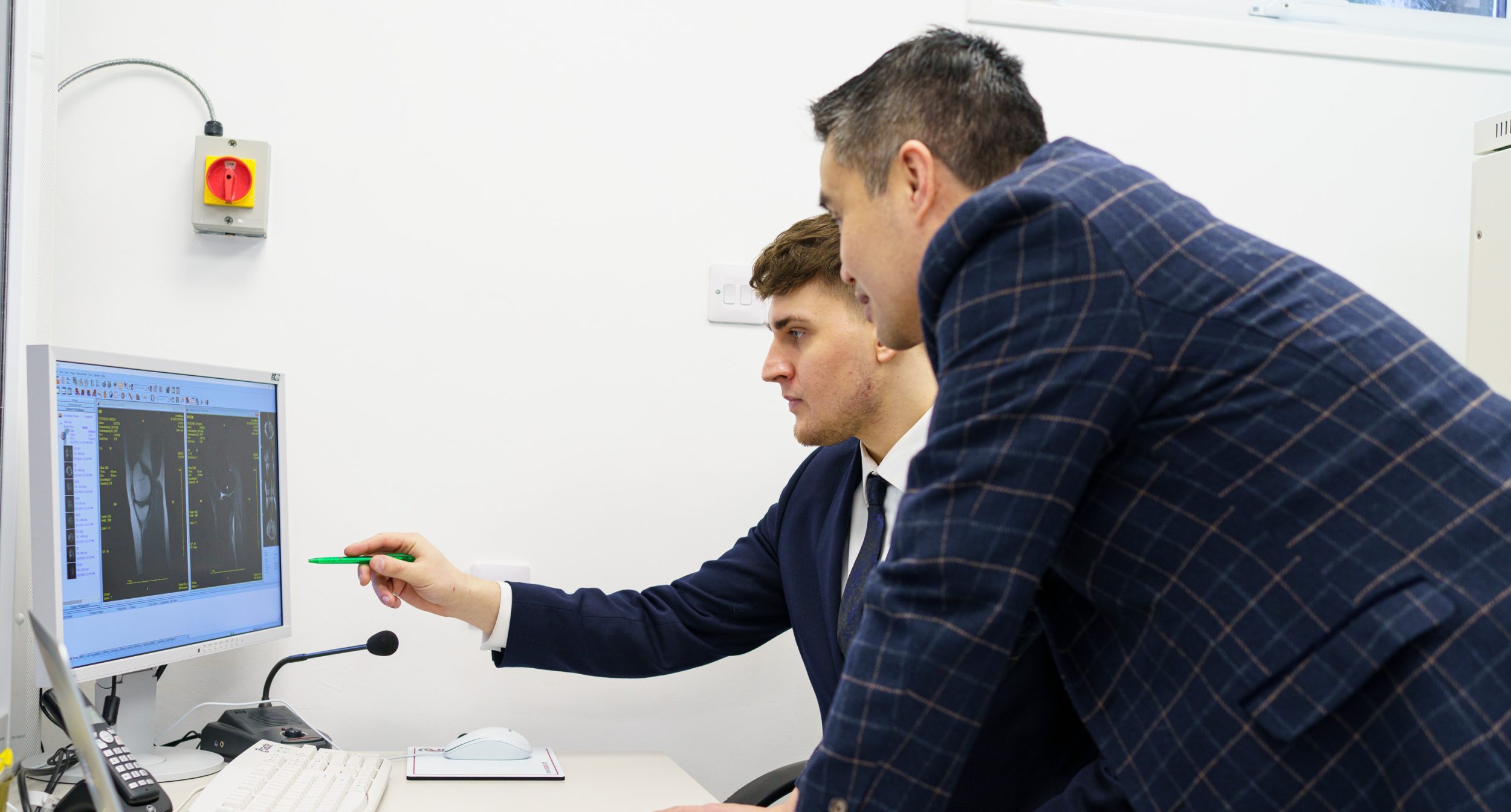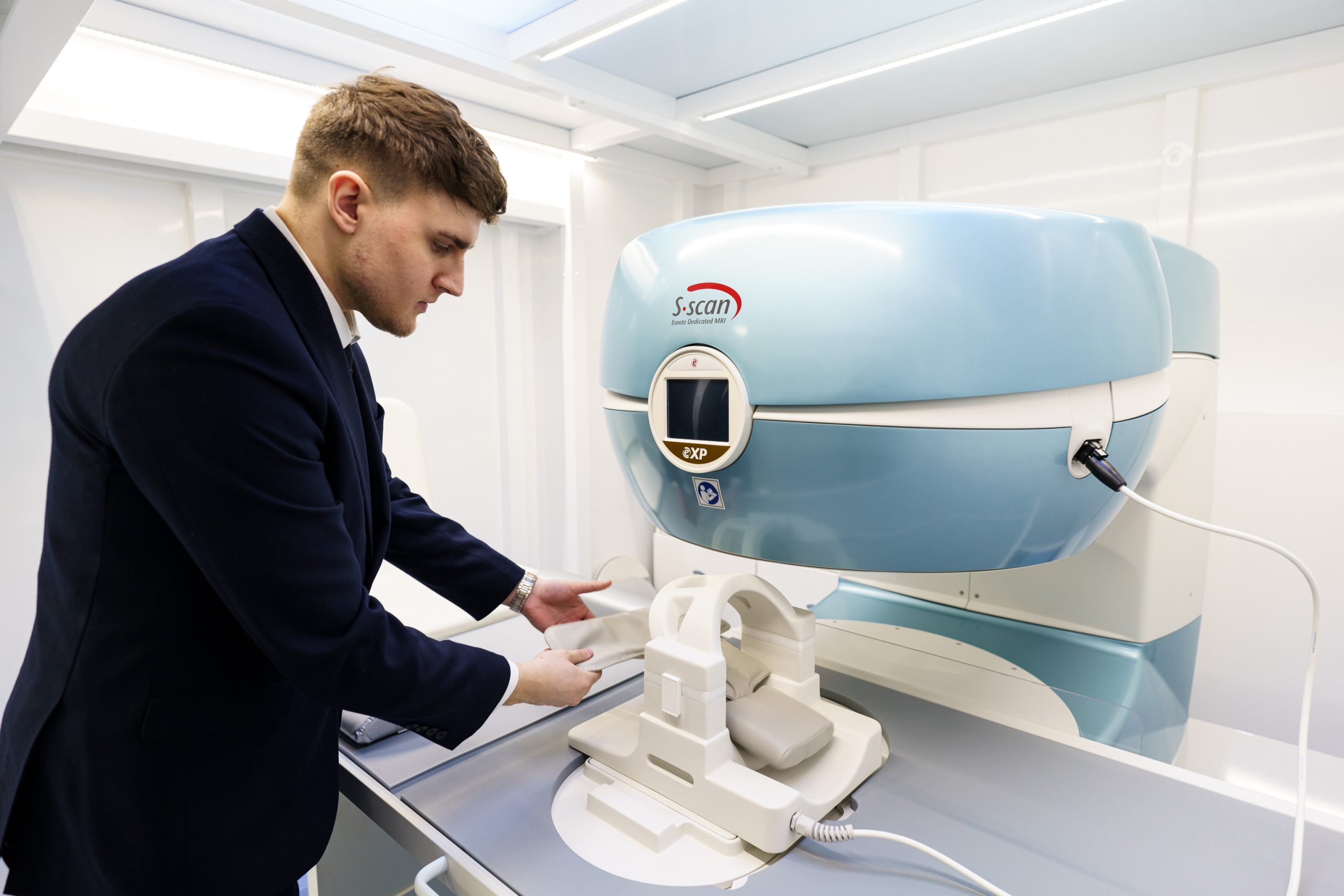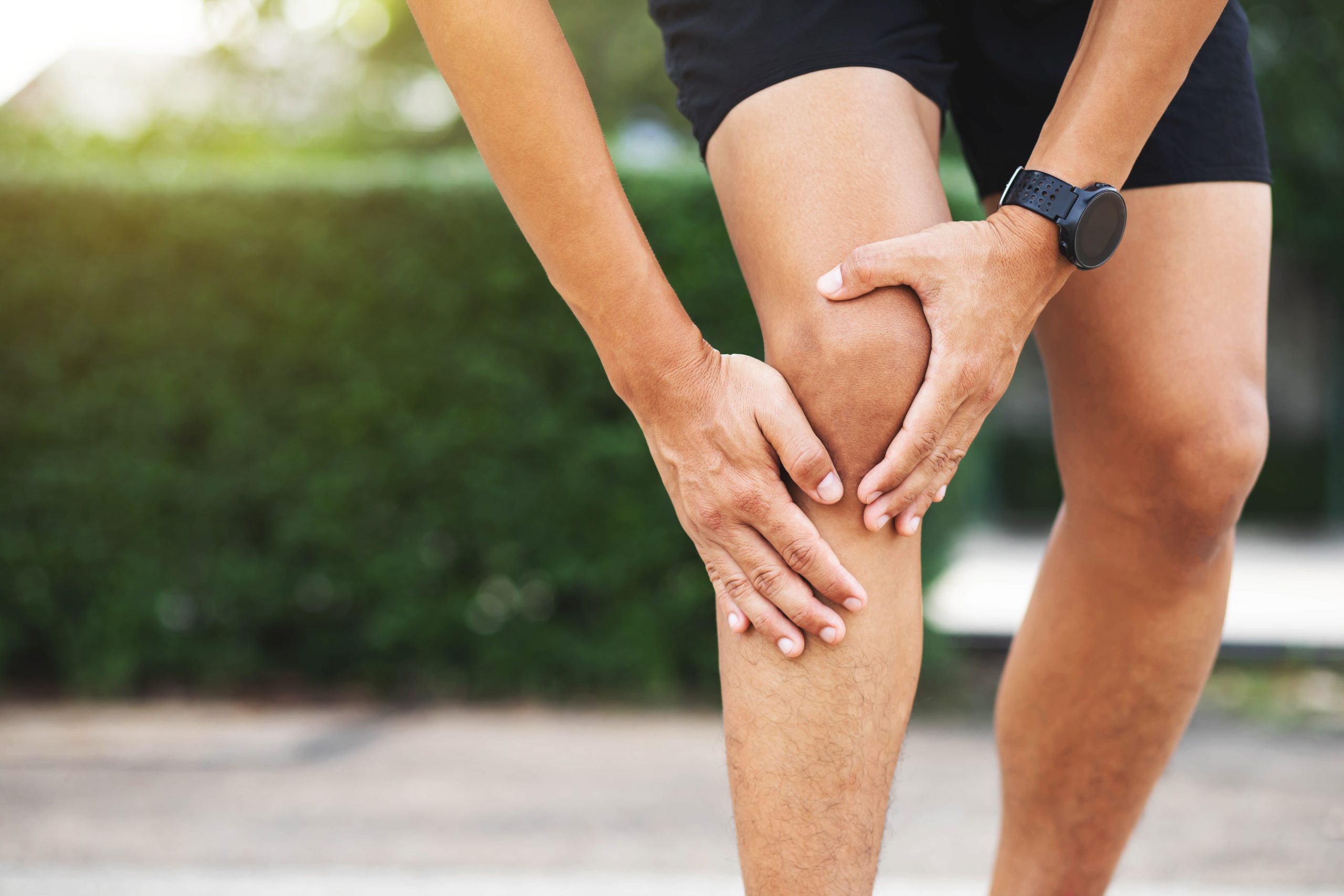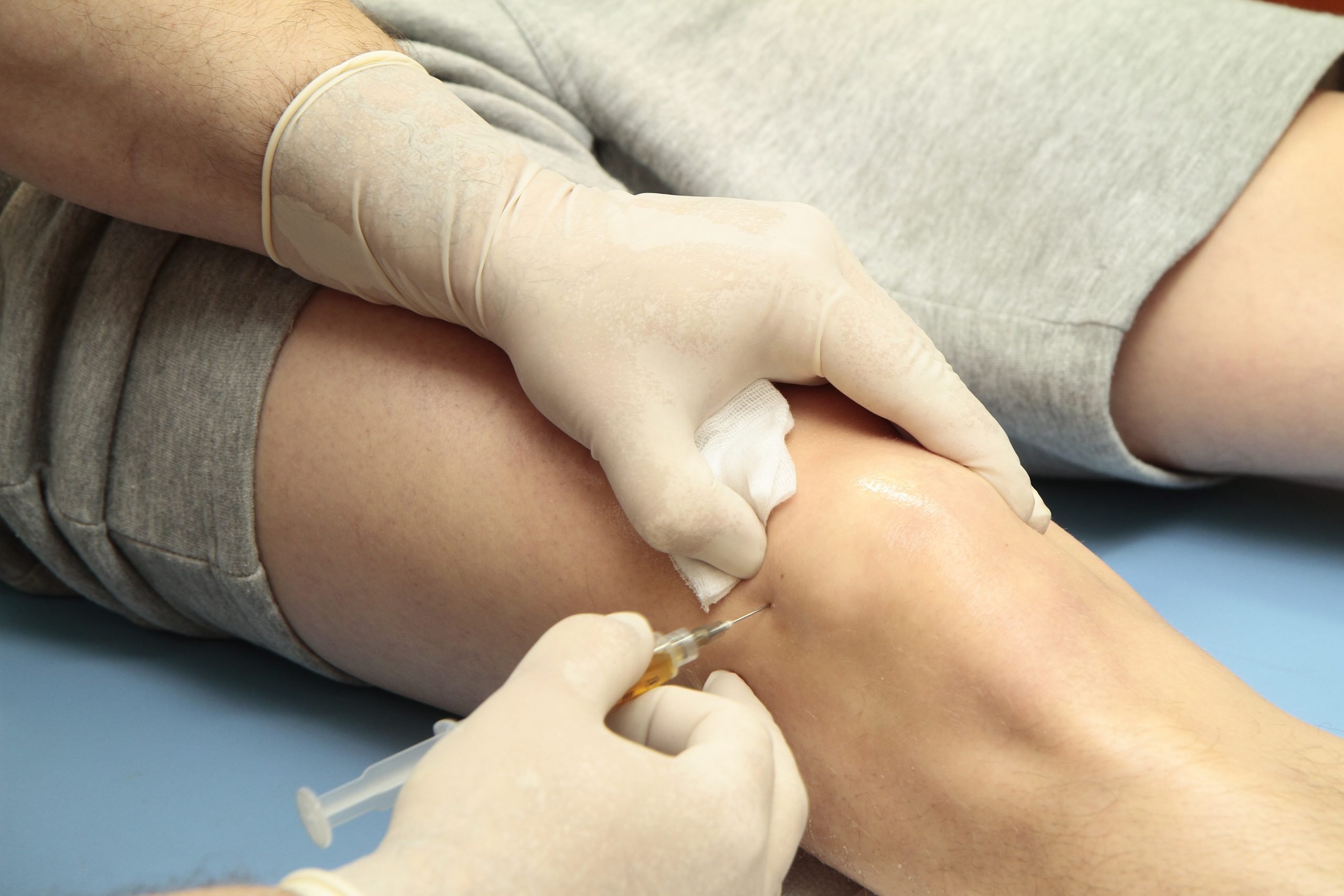

Chondromalacia Patella
Book a Detailed Treatment Call


Understanding Chondromalacia Patella
Chondromalacia Patella overlaps with patellofemoral pain syndrome, presenting symptoms without serious underlying conditions like arthritis or injury. It ranges from mild to severe, often worsening with activities that put pressure on the knee joint. At London Cartilage Clinic, our focus on Patella cartilage repair and Kneecap pain relief provides patients with tailored treatment plans.
Diagnosis and Treatment
Diagnosis typically involves a clinical assessment, supported by imaging tests like MRI scans and X-rays for a comprehensive view. Treatment focuses on relieving pain and includes avoiding strenuous knee use, painkillers, injections, magnetic therapy (PEMF)and physiotherapy to strengthen surrounding muscles and correct alignment issues. In more severe cases, arthroscopic key hole surgery might be recommended for realignment, smoothing or repair of the cartilage.
Why Choose London Cartilage Clinic?
Our clinic specialises in cutting-edge treatments for Chondromalacia Patella, offering personalised care. With advanced diagnostics and a team of experienced specialists, we ensure the most effective Patellofemoral syndrome therapy for each patient.




Frequently Asked Questions
Physical activities that place strain on the knees are likely to lead to the worsening of chondromalacia symptoms. Common examples include running, jumping, hiking, and sports involving dynamic leg movements. Staying in a seated position for long periods of time can also exacerbate the symptoms of chondromalacia.
Untreated chondromalacia will lead to the complete degradation of the cartilage underneath the patella. This will leave the knee vulnerable to impacts and drastically increase the likelihood of osteoarthritis.
Chondromalacia Patella is unique due to its specific location – the cartilage under the kneecap – and its common occurrence in young adults, particularly females.
Non-surgical treatments, including injections, magnetic therapy (PEMF), physiotherapy and medication, are effective in most cases, significantly improving symptoms without the need for surgery.
Surgery is considered when conservative treatments fail to provide relief, focusing on realigning or repairing the damaged cartilage.
 Cartilage
Cartilage Knees
Knees
